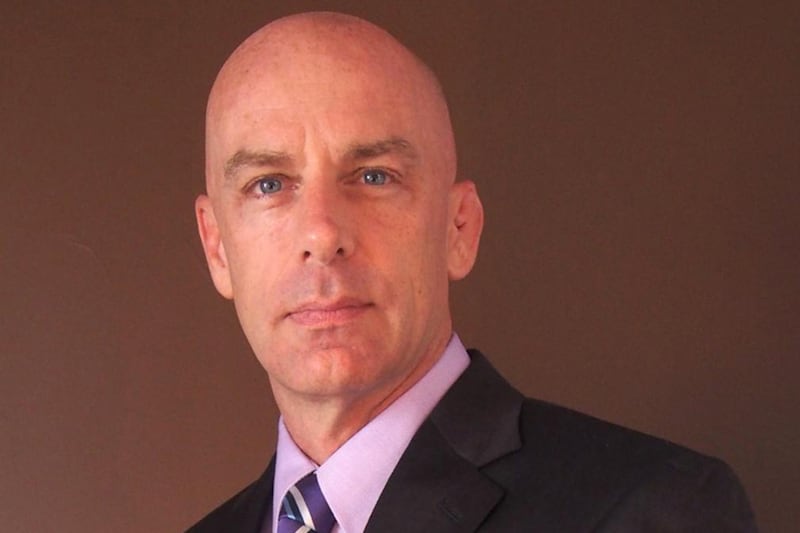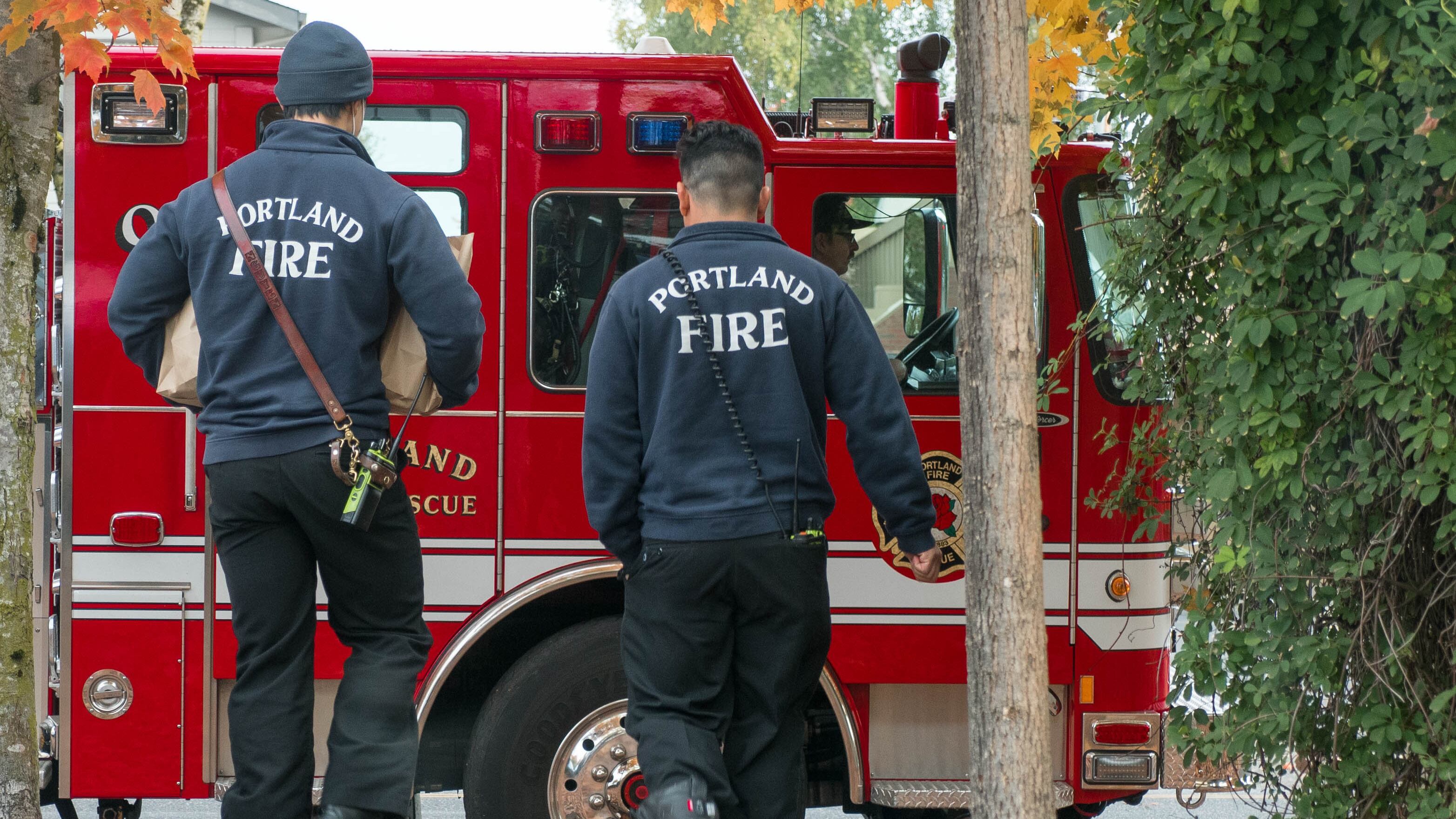By mid-2024, the financial operations of Portland’s four public safety bureaus will live under one roof: the Community Safety Division. That’s if all goes according to a plan laid out by Mike Myers, Portland’s community safety transition director.
Myers began serving in his current role last April, about five years after the city hired him as fire chief in 2016. In that role, he drew on his prior experience as fire chief in Las Vegas, which has a city manager governance structure as opposed to the commission system in Portland, wherein commissioners supervise and protect a portfolio of bureaus. (Portland is the last remaining large city in the nation with such a structure.)
The city manager form of governance tends to “solve problems collectively,” Myers tells WW. “But that wasn’t happening here in Portland.”

Whether Portland will change its form of government is a question city voters will decide in November. Yet for the past year, Myers and his team have been chipping away at Portland’s fragmented public safety system in an effort to consolidate financial management of the Portland Police Bureau, Portland Fire & Rescue, the Bureau of Emergency Communications, and the Bureau of Emergency Management. (The CSD is housed in the city’s Office of Management and Finance.)
As part of the consolidation process, the Portland City Council last year approved moving financial oversight of the Bureau of Emergency Management to Myers’ division, as well as the transition of two Police Bureau positions and one Fire position, according to the City Budget Office’s analysis.
But the work is far from over. In its request for the upcoming budget cycle, the Community Safety Division is asking for $3 million to reallocate 20 full-time employee positions from PPB and BOEC, as well as $200,000 in one-time funding for an outside consultant to craft a “comprehensive community safety strategic plan.”
WW spoke with Myers about his vision and philosophy as it pertains to public safety. Here are three takeaways from that conversation.
1. Myers is ready to consolidate—even if others want him to wait.
CSD is requesting $2.6 million in ongoing funding to reallocate 17 PPB positions, as well as $500,000 in one-time funding for three BOEC positions to “consolidate the budget, finance, and accounting functions for public safety bureaus.” (Fire bureau reallocations are expected in the next fiscal year.)
In its review of the Office of Management and Finance’s proposal, the City Budget Office said taking this next step before a work plan and service agreements have been established “risks that core budget and finance functions could be adversely impacted in the short term and that duplication rather than a consolidation of business operations services could occur over time.”
Myers disagrees with that analysis.
“I’m not going to let any kind of bureaucratic hurdle stop me,” he says. “I appreciate all of their advice. But I disagree that it needs to slow down and wait. In fact, it needs the opposite. It needs to move. The mistake would be not doing it.”
2. He says the Police Bureau should first focus on filling current vacancies.
Last week, Mayor Ted Wheeler told WW he wants to hire 200 more sworn officers and 100 unarmed public safety support specialists, known as PS3s. And last fall, the police union proposed hiring an additional 800 officers in the next five years.
Myers has a different approach. He says the Police Bureau should first focus on filling its dozens of vacancies.
“The Police Bureau already has vacancies today,” Myers says. “I’m in favor of them filling their vacancies. They need to cover their shifts so they can keep their overtime down and they can respond to the calls that they’re currently being asked to respond to today. Let’s get there first before we talk about any other increases.”
3. He takes a multifaceted approach to reducing gun violence.
Myers explained that he often hears from people in two camps: those who believe more policing is the solution to gun violence, and those who believe investing in outreach and community-based organizations is.
“No one group alone can reduce gun violence in and of themselves and by themselves. Gun violence and violence is largely the symptom of the environment in which people live,” Myers says. “It’s the neighborhoods that have been divested in for decades, ultimately, [that] end up in a situation where there’s poverty, there’s wealth gaps, there’s lack of access—whether it’s access to safe, walkable streets, parks and education. And when these things exist in your neighborhood, they will oftentimes create conditions where violence and gun violence will occur.
“It is not a policing issue,” he concludes. “It is a public health issue.”
Myers also advocates streamlining the city’s 911 system, hiring a supervisor to oversee three of the city’s police oversight groups, and reestablishing a sobering center in Portland.
